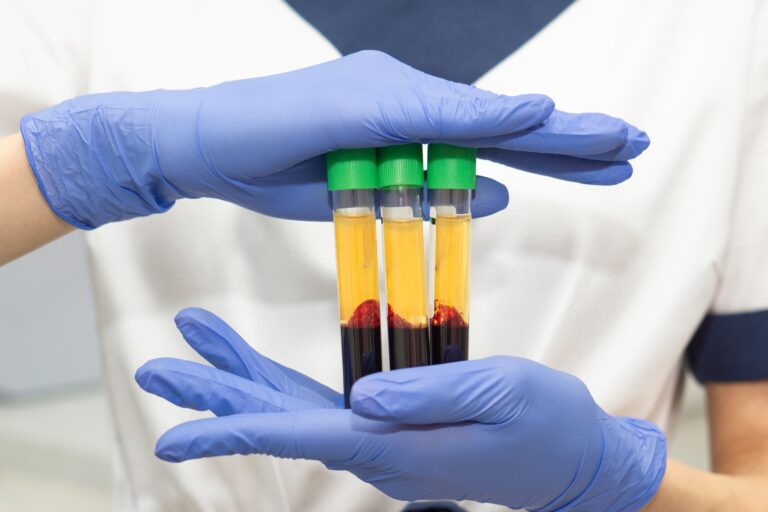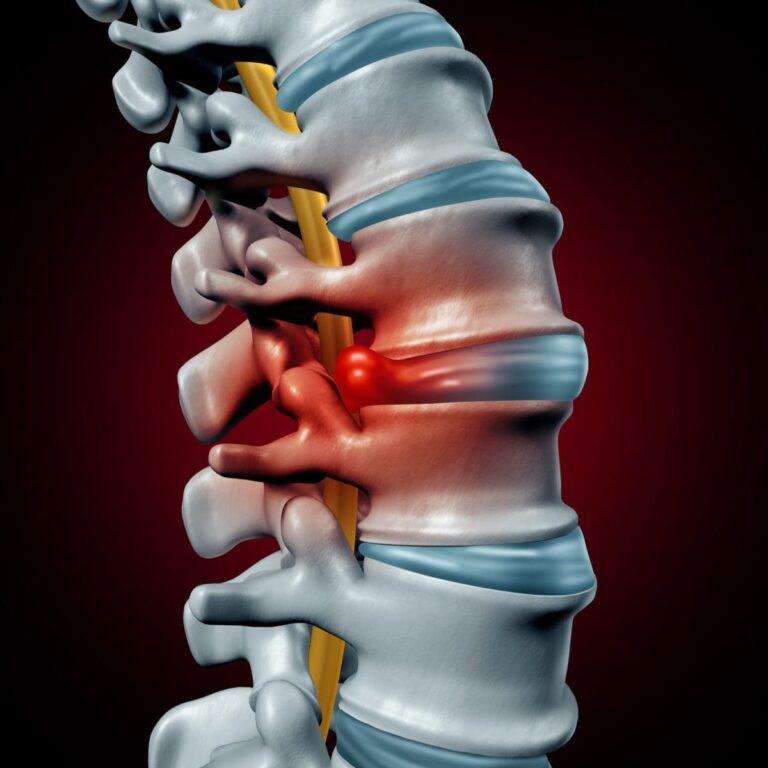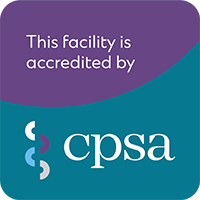Vivo Cura Health Blog
Read the latest from the Vivo Cura team, featuring posts about our research studies, helpful medical, and perspectives on innovations in treating muskuloskeletal pain.

Let’s Get Started
What should one blog about that is not covered in detail elsewhere on the vast world wide web,especially with search engines that now utilize AI to summarize information within seconds toanswer complex questions? Well, I’m not exactly sure, but in the interest of colleaguesrequesting clinical pearls for treating actual patients in a way that is evidence-informed, we’llgive this a go. This blog will largely focus on clinical entities involving whiplash-associateddisorders, orthobiologic medicine and where possible, how me might be able to get the rightpatient to the right treatment within a timely manner.

Intra-articular Cervical Spine Steroid Injections – Good or Bad?
This is a current hot topic within our clinic – what to do for patients reporting regional neck painwithout referral or radiating or nerve-related symptoms that don’t respond to conservative care? Essentially, the interventional lines fall alongside discipline experience. One group ofprofessionals are attached to the inflammatory nature of pain, and the need to hit it on the headwith steroid, and the other side recognize that possible short-term benefits of corticosteroid arenot sustainable without risk when repeated and defer to other longer-term options.

Physiotherapy for Chronic Whiplash Injuries – Effective or Not?
At risk of opening a can of worms with my professional colleagues, this question really needs tobe asked. It is not uncommon in the insurer-funded Albertan landscape for people withprolonged pain following a whiplash injury to still be receiving treatment, and significant volumesof treatment well into chronicity – that is to say, at least 3 months post-injury. To put this into context, epidemiological studies demonstrate that approximately 50% of peopleinjured in a motor vehicle collision continue to report symptoms 6-12 months later.

Platelet-Rich Plasma for Neck Pain – A New Study
It is always a pleasure to get notification that a project you are working on has been accepted for publication. That happened this week when the European Journal of Physiotherapy green-lighted the publication of a study where we investigated the role of platelet-rich plasma in the treatment of people with chronic whiplash symptoms that had previously responded to a diagnostic facet joint block. We had previously presented this as a poster at an international conference to get some feedback, but it is gratifying to see the full manuscript accepted for publication.

Platelet-Rich Plasma for Low Back Pain of Likely Disc Origin – A New Study
Well, when it rains, it pours it seems. Eddie Rabbitt, as I do, loved a rainy night back in the ‘80s. However, being a nerd, I also love getting news of an accepted publication. After a publication for PRP for neck pain was recently accepted, it was a pleasure to hear that a pilot project of ours investigating PRP for low back pain was also accepted for publication. The full publication can be found here. What Is Low Back Pain of Likely Disc Origin? Many structures in your back can be a source of pain.

Social Factors and Outcomes in Chronic WAD
Well, well, well – I’m feeling all 1980 – a decade I absolutely loved…why – well, Another One Bites the Dust as the classics, or Queen says. Our clinic has been studious over the last 12 months in collecting data on patients to inform our treatment decisions. One of the questions that has always intrigued us relates to the social context of pain, and whether the social situations surrounding a person’s lived experience with pain influence their outcomes. So, rather than speculate we collected the data – yep, the nerds we are.

Lx RF & Mulfidus FFI
Lumbar spine radiofrequency coagulation (RFC) is a technique that is not uncommonly used as a treatment to reduce pain arising from the lumbar spine facet joints – the articulations in the low back that allow a person to bend and move in different directions. Now, a physio blogging on RFC can be dangerous – not quite Michael Jackson Dangerous – as they don’t perform the procedures. However, after spending 5 years day and night following people pursuing RFC (actually in the neck region) during my PhD, I heard the good, the bad and the ugly, so here goes…




